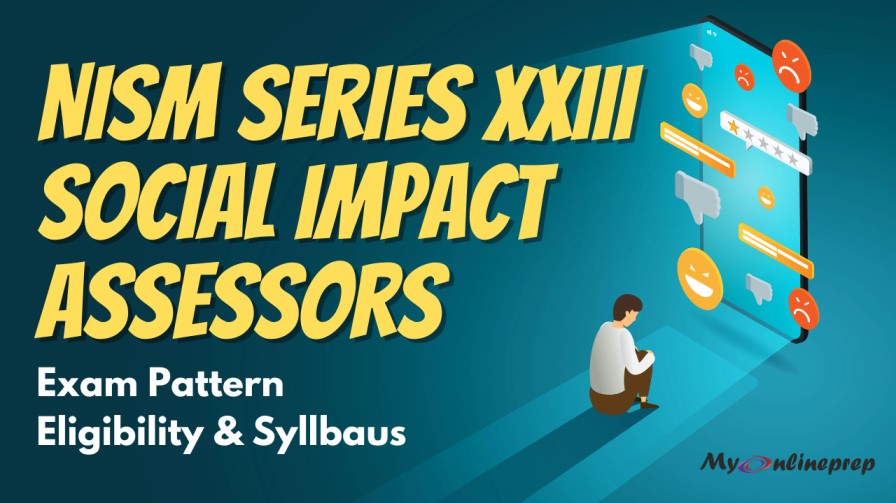The traditional model of education, centered around the accumulation of knowledge and the attainment of grades, is facing increasing scrutiny. A growing number of educators, policymakers, and parents are questioning its efficacy in preparing students for the complexities of the 21st century. In response, Outcome-Based Education (OBE) has emerged as a promising alternative. This pedagogical approach shifts the focus from input (curriculum, teaching methods) to output (student learning outcomes).
Understanding Outcome-Based Education
At its core, OBE is about clarity and focus. It demands a clear articulation of what students should be able to know, understand, and do upon completing a course or program. These learning outcomes become the guiding star for curriculum design, instruction, and assessment. Instead of merely covering content, educators design learning experiences that directly contribute to achieving these predetermined outcomes.
The Learner at the Center
A fundamental principle of OBE is placing the learner at the center of the educational process. This means recognizing that students are unique individuals with diverse learning styles, interests, and aspirations. OBE empowers students to take ownership of their learning by providing them with clear expectations and opportunities to demonstrate their competencies in authentic contexts.
Reimagining Assessment
Traditional assessment methods often rely on standardized tests and exams that measure knowledge recall rather than application. OBE, on the other hand, emphasizes authentic assessment that reflects real-world challenges and demands. This includes projects, portfolios, presentations, and performance-based assessments. Such assessments provide a more comprehensive picture of student learning and progress.
The Role of Technology
Technology can be a powerful tool in supporting OBE. It can facilitate personalized learning, provide access to diverse resources, and enable students to collaborate and communicate effectively. Online platforms and digital tools can be used to deliver instruction, assess student performance, and provide real-time feedback.
Challenges and Considerations
While OBE offers significant potential, it is not without its challenges. Implementing OBE requires a cultural shift within schools and organizations. Teachers need to be equipped with the necessary skills and support to design and deliver outcome-based curricula. Additionally, there is a need for robust data systems to track student progress and inform instructional decisions.
Measuring Success
One of the key advantages of OBE is its focus on measurable outcomes. By clearly defining what students should be able to do, educators can track their progress and make data-driven adjustments to instruction. However, it is essential to develop appropriate metrics and indicators of success that align with the desired outcomes.
The Future of Education
Outcome-Based Education has the potential to revolutionize education by ensuring that students acquire the knowledge, skills, and dispositions needed to thrive in the 21st century. By shifting the focus from teaching to learning, OBE empowers students to become critical thinkers, problem solvers, and lifelong learners.
Conclusion: A Call to Action
Embracing Outcome-Based Education requires a collective effort from educators, administrators, policymakers, and the community. By working together, we can create learning environments that are student-centered, relevant, and effective. It is time to move beyond the traditional model and embrace a future where education is truly focused on student success.


